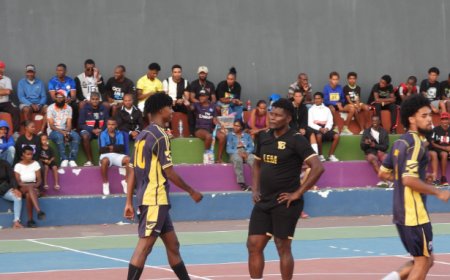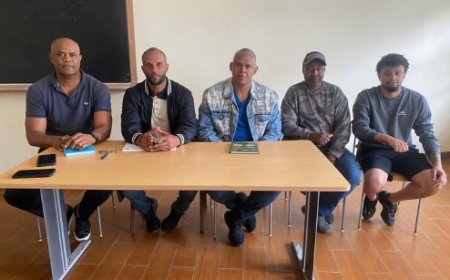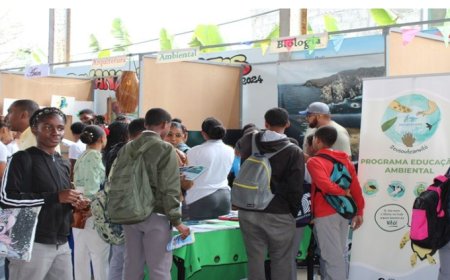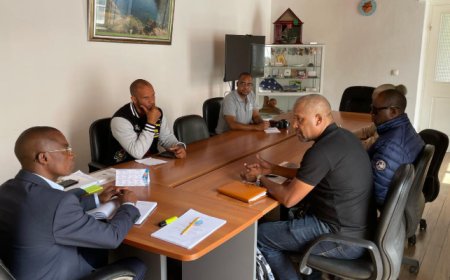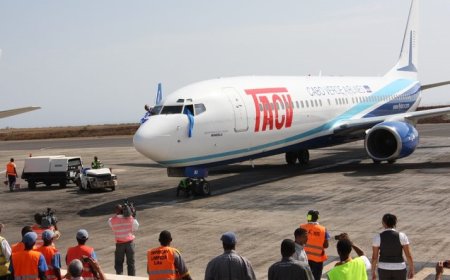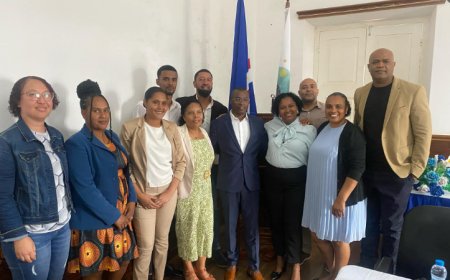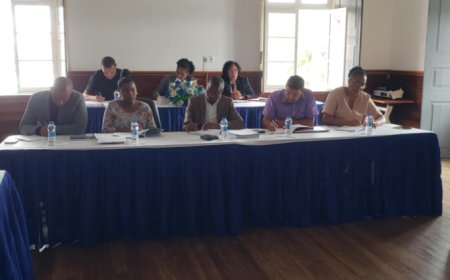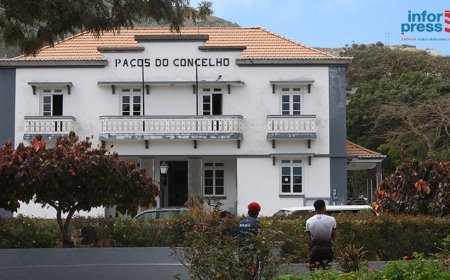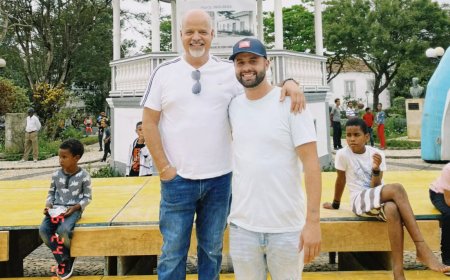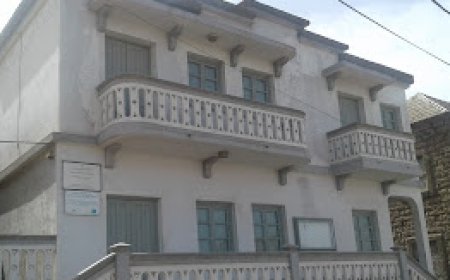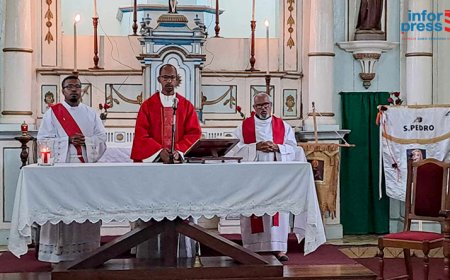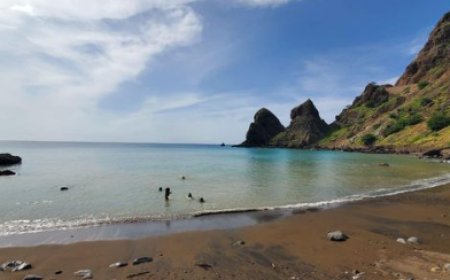Praia de Portete is the right refuge for fishermen from Lomba Tantum despite poor shelter conditions
The beach of Portete, on the island of Brava, which has a little sand, even far from inhabited areas, is the perfect refuge for fishermen from Lomba Tantum, in the months when other ports are in danger.
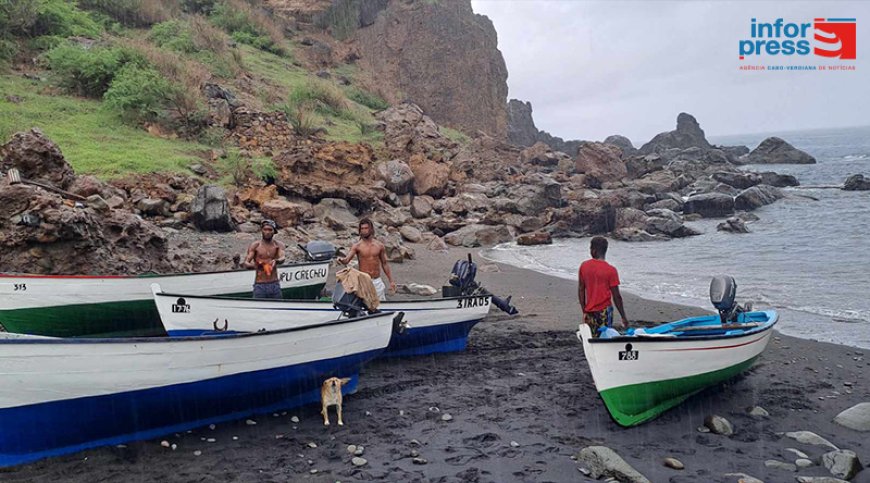
Portete beach is located after the town of Fajã d´Água, but also has access from the towns of Palhal and Lomba, and it is on this beach that fishermen from the town of Lomba Tantum take refuge during the months of August and September. , an ancient “tradition”.
Inforpress went to this somewhat hidden beach, because in addition to Cadjetinha beach, in the town of Furna, Portete beach also has a little sand, but it is more distant and access is a little complicated via the side road, or else the other option is by sea.
This beach, during the months of August and September, is the refuge of fishermen and fishing boats from the locality of Lomba Tantum, because, according to one of the fishermen appointed by the group to be the spokesperson, Roberto Lopes, in these two months of year the port of Tantum suffers from the south wind and the sea is rough, which makes it difficult for fishermen to go out to sea, but can also damage the boats, bearing in mind that this port has many stones.
Hence, he emphasized, at this time the fishermen in the area are “obliged” to leave their families and the comfort of their homes in Lomba to live on the rocks and on this beach, a way of guaranteeing the livelihood of the family and preserving their vessels.
“During this period, this is where we live to be able to hide and protect ourselves from the rough sea, otherwise we will be harmed, because the boats are expensive and we can't even go out to sea to work”, underlined this fisherman.
Asked about their daily lives and the difficulties they face during these two months, Lopes described this experience as “difficult, but necessary”, as it is a place that has no housing, no electricity, no water, or anything else. that can resemble a house with people residing there even if temporarily, except for pieces of mattresses, sheets and other belongings scattered in the caves in the rocks,.
He reported that in addition to being far from their families and their comfort zone, they have to sleep on the rocks when it rains, and on days when the temperature is normal, they sleep on the beach.
To feed themselves, he added that they have to bring everything from home, from water to other supplies, since in this area there is no light, no water and much less mobile network or internet, being necessary to climb a hill to try to contact family members when necessary.
The fish they catch during the work or the groceries are delivered by family members to the ports of Tantum or Fajã d´Água, depending on the sea conditions in these ports, or to the port of Furna.
Faced with these difficulties and taking into account that it is already a recurring practice, Roberto Lopes argues that if there were some houses, even if it is in a small number, but which would allow fishermen to take refuge in safety, it would be “an asset”.
Instigated if they do not feel "afraid or apprehensive", this spokesperson said that the life of men at sea is always complicated and that these tasks are part of the day-to-day life of fishermen and any head of family who has to fight to their livelihood, and that, in the area, the camp in Portete at this time is like a legacy passed down from generation to generation.
In view of this situation, Inforpress contacted the mayor of Brava, Francisco Tavares, who underlined that regarding the desire to have some housing in this locality/beach, this is the first time that he was aware of the matter, as the fishermen themselves never addressed the issue. city council about it.
Hence, he stressed, it is not something that appears in the activities plan and budget of the chamber, but that could be analyzed together with the fishermen and see the viability for such an aspiration and seek solutions together in this regard.





